O nce in a while I hear of a book moving from conception to fruition with enviable rapidity and ease. The Erotic Mind has never been such a project. More than a dozen years have elapsed between the first realization that I had to write this book and its eventual completion. I only hope that the many phases of my work have ultimately added to its depth and usefulness. This much I know: without the encouragement, steadfast support, penetrating insights, and constructive criticisms of a remarkable group of people, I would never have persisted. So its especially gratifying to be able to thank them now.
Ill forever be grateful to my clients who courageously examined their eroticism with me in psychotherapy. I also feel profound appreciation for the hundreds of people I dont even know who responded to my anonymous survey about peak erotic experiences. The willingness of clients and respondents alike to reveal what most people keep hidden made it possible for me to develop a new way of understanding erotic life.
As my ideas crystallized I received sustenance from colleagues and friends who seemed to grasp immediately the implications of my viewpoint and pushed me to take it furtherespecially Toni Ayres, Joani Blank, and Michael Graves, all of whom also gave invaluable assistance in the development of the Sexual Excitement Survey. In addition, Michael focused his impressive analytical skills on at least two versions of the entire book and contributed greatly to its final structure.
I also benefited from frequent talks with Marty Klein about the intricacies of both writing and sexuality. Janice Epp, LouAnne Cole, and Gary Zinik probably dont realize how much Ive valued their ongoing resonance with my work. Gary also helped me work out some tricky aspects of thematic analysis. And Lonnie Barbach read much of the manuscript and offered many helpful suggestions.
I found a consistently challenging forum for presenting my ideas at meetings of the Society for the Scientific Study of Sex, an international association of sexologists. Questions, critiques, and long conversations with dozens of colleagues influenced my work more than they can possibly know. Their interest buoyed me, especially during several years of struggle with an unrelenting case of writers block. Had I been unable to articulate my thoughts and findings in these lively discussions, I might have given up.
It was Hal Bennett, a talented writer, editor, and book consultant, who helped me resolve my blockage with his gentle wisdom. He also showed me how to shape complex material into a cohesive, accessible whole. When I ran into snags, he always knew how to nudge me back on track. Then Hal introduced me to Fred Hill, who became my agent. He was another find, a fact I realized when I overheard him describing the book far more succinctly than I could have done myself.
Fred thought he knew exactly who would want to publish the book: HarperCollinss editor-in-chief, Susan Moldow. Indeed she did and proceeded to perform editorial magic with uncommon understanding and respect for an authors sensitivities. She also selected Nancy Nicholas, a gifted line editor from whom I learned so much about unnecessary words. As we were nearing the final round of revisions, Susan left HarperCollins and entrusted the book to Gladys Carr and Cynthia Barrett, both of whom made an eleventh-hour transition that could easily have been a nightmare into an opportunity. Their suggested refinements were right on the mark.
Throughout it all I was blessed with cherished friends and family who, miraculously, maintained enthusiasm for my work in spite of the fact that I was often unavailable or preoccupied. My dearest friend, Scott Madover, both gave and endured the most. I doubt I can ever repay him adequately.
Jack Morin, Ph.D.
San Francisco
SEX AND
SELF-DISCOVERY
Appreciating the mysteries of eros requires
a new point of view.
E ver since the sensation caused by Alfred Kinseys monumental studies of sexual behavior, we seem to have developed an insatiable appetite for this kind of information. Its not simply that were voyeuristic or enjoy being titillated and entertainedalthough most of us do. Many of us also crave reassurance that were sexually normal, hope to resolve sexual problems, or look for ways to enhance our enjoyment. Others are wondering how to keep the spark of passion alive in long-term relationships or marriages.
Never before have so many had so many opportunities to learn so much about sex. And yet the most important aspects of the sexual-experience are the ones we know least about and are most reluctant to discuss. For example, we know far more about which sexual acts people engage in, how often, and with whom, than we know about what makes some of these acts compelling. We are awash in facts and figures, yet relatively little has been written about what sex means for those involvedsuch as how it enriches their lives or helps them feel better about themselves.
The greatest gap of all exists between our extensive knowledge about the physiology of sex and our relatively rudimentary awareness of the psychology of arousalhow our minds create, intensify, or restrict sexual enthusiasm. Considering how important these issues are for a satisfying sex life, our sketchy understanding here is nothing short of tragic. Sex therapist Bernie Zilbergeld puts it bluntly:
More than anything else, arousal is what drives good sex. It is the spark. It is also the cornerstone of a sexuality based on pleasure rather than on performance. If you want more exciting and more satisfying sex, go for greater arousal.
Almost everyone is aware that becoming aroused feels good. But how can we create greater arousal when we know so little about it? Why are certain people, images, and situations so much more stimulating than others? Why do individual preferences and patterns vary so dramatically? Why are most of us attached to specific turn-ons? And what do our turn-ons reveal about who we are and what were searching for?

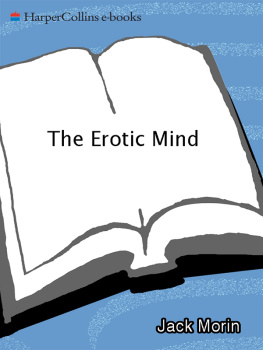

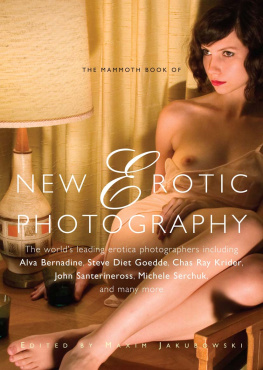
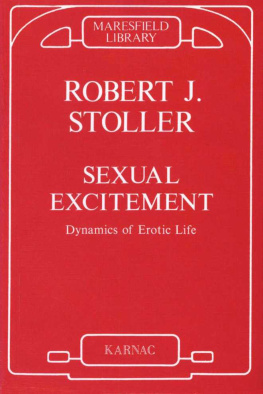
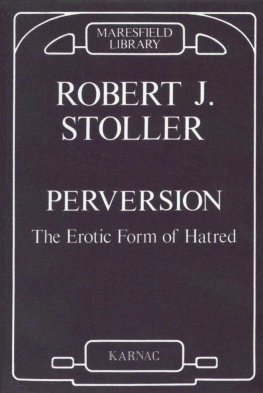
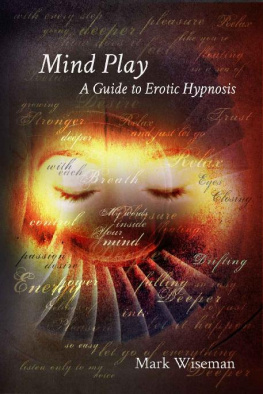
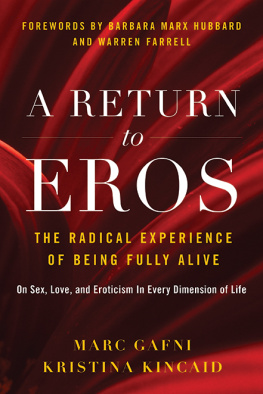
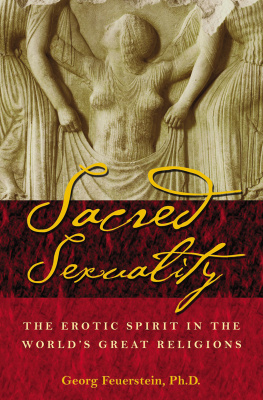
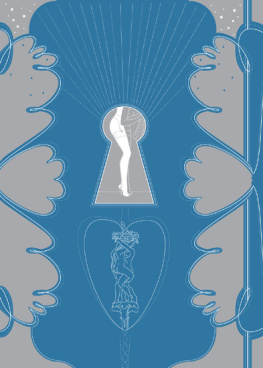

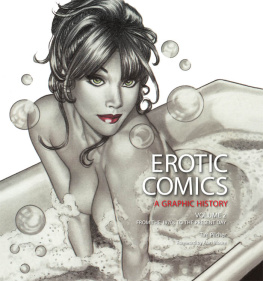

 /RRD 20 19 18 17 16 15 14 13 12
/RRD 20 19 18 17 16 15 14 13 12